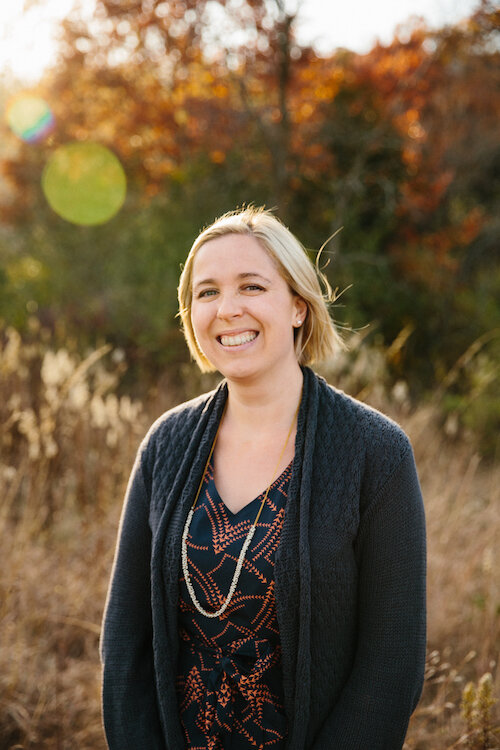Should You Get a Masters in Creative Writing?
Former literary agent, now a freelance editor, writing teacher, and IP/story developer for major publishers and creators.
By Mary Kole
If you’re wondering whether to get a masters in creative writing, also known as an MFA, read on. Writing is an incredibly powerful and important creative skill, and the process of honing it is something that all committed writers consider at some point. For many, the idea of taking a writing workshop or signing up for a masters in creative writing program is the first step towards becoming a better writer, and, eventually, maybe even a published author. However, there are some drawbacks to traditional masters in creative writing programs that make them too expensive and time consuming for some students. A writing workshop intensive might be the better option for those who want to get creative feedback and hone their craft without spending a lot of money and time. After all, a masters in creative writing is about the results such a program can deliver, and those can be replicated in other ways.
Should You Get a Masters in Creative Writing?
A writing workshop intensive is much like a traditional masters in creative writing program in that it involves a group of writers sharing their work and offering constructive criticism (more here on how to give constructive criticism). The difference is that it typically lasts anywhere from two days to several months, and the cost is much lower than a traditional masters in creative writing. This makes it easier for writers to get the writing feedback they need without investing too much time or money. After all, the writing workshop model is at the heart of many MFA programs. But it is not unique to the MFA classroom.
Writing workshops provide a unique opportunity for writers to collaborate with one another, which is the benefit of a traditional masters in creative writing program. Sometimes, a workshop may even be more open to the exchange of ideas than an MFA, which can heavily depend on the philosophy of an instructor. Workshops allow writers to learn from each other and share ideas, rather than just being critiqued by one professor or mentor. This creates an environment where everyone can benefit from the experience and grow as a writer, rather than a top-down hierarchy or meritocracy.
Finally, writing workshops give writers the chance to learn from successful authors and editors who have already achieved success in their field. By attending a workshop, writers can gain valuable insights into the publishing industry and get a better understanding of what it takes to become a successful author. Academic faculty can rest on their laurels. A writing workshop intensive can be a more modern paradigm shift to the old masters in creative writing model.
Alternatives to a Masters in Creative Writing
For those who are looking to improve their writing skills but don't want to commit to a traditional masters in creative writing program, a writing workshop intensive like Story Mastermind is an excellent option. Not only is it less expensive and complete in five months, but it also allows writers to collaborate and learn from each other, as well as experts in the field (instructors and publishing professionals who visit the class). So if you're looking for a way to hone your writing skills efficiently and without investing tens of thousands of dollars in a masters in creative writing process, a writing workshop intensive like Story Mastermind might be the perfect solution.
Want writing guidance, feedback, and accountability?
Self-guided writing study is great, but can only take you so far. Apply to Story Mastermind—a small group workshop intensive for your novel, memoir, outline, or picture book idea. Achieve a robust outline or draft, or a portfolio of picture books, in a rigorous but supportive environment. Imagine how much closer you can be to your writing goals after participating in Story Mastermind.

